Introduction of the ebook: Sarah’s Key
Đánh giá : 4.17 /5 (sao)
Paris, July 1942: Ten-year-old Sarah is brutally arrested with her family in the Vel’ d’Hiv’ roundup, the most notorious act of French collaboration with the Nazis. but before the police come to take them, Sarah locks her younger brother, Michel, in their favorite hiding place, a cupboard in the family’s apartment. She keeps the key, thinking that she will be back within a Paris, July 1942: Ten-year-old Sarah is brutally arrested with her family in the Vel’ d’Hiv’ roundup, the most notorious act of French collaboration with the Nazis. but before the police come to take them, Sarah locks her younger brother, Michel, in their favorite hiding place, a cupboard in the family’s apartment. She keeps the key, thinking that she will be back within a few hours.
Paris, May 2002: On Vel’ d’Hiv’s sixtieth anniversary, Julia Jarmond, an American journalist, is asked by her Paris-based American magazine to write an article about this black day in France’s past. Julia has lived in Paris for nearly twenty-five years, married a Frenchman, and she is shocked both by her ignorance about the event and the silence that still surrounds it. In the course of her investigation, she stumbles onto a trail of long-hidden family secrets that connects her to Sarah. Julia finds herself compelled to retrace the girl’s ordeal, from the terrible days spent shut in at the Vel’ d’Hiv’ to the camps and beyond. As she probes into Sarah’s past, she begins to question her own place in France and to reevaluate her marriage and her life.
Writing about the fate of her country with a pitiless clarity, Tatiana de Rosnay offers us a brilliantly subtle, compelling portrait of France under occupation and reveals the taboos and denial surrounding this painful episode in French history.
(front flap) …more
Review ebook Sarah’s Key
It should never be forgotten
By Sol Tetelbaum
Review: Sarah’s Key by Tatiana de Rosnay
Almost a hundred readers published their reviews on Tatiana de Rosnay’s novel Sarah’s Key. Most of them rated the book in four or five stars, but some of them calling the novel “mediocre” showed a lower rating – three stars. It is necessary to admit that their opinions weren’t unfounded and most critical comments were fair. However, from my standpoint, despite the fair critical comments (I don’t think it is ne It should never be forgotten
By Sol Tetelbaum
Review: Sarah’s Key by Tatiana de Rosnay
Almost a hundred readers published their reviews on Tatiana de Rosnay’s novel Sarah’s Key. Most of them rated the book in four or five stars, but some of them calling the novel “mediocre” showed a lower rating – three stars. It is necessary to admit that their opinions weren’t unfounded and most critical comments were fair. However, from my standpoint, despite the fair critical comments (I don’t think it is necessary to list them), the novel deserves a rather high rating, and I will try to explain why.
The book is devoted to the Holocaust. The author describes two stories. One story is about the tragedy of a Jewish girl named Sarah. The story is based on historical fact. In 1942, on the orders of German military authorities, French police brutally arrested all Jewish families in Paris. Almost all of them perished in concentration camps.
The second parallel story is about an American journalist, Julia Jermond, who, writing an article about Vel’ d’Hiv’s roundup, found out many horrible details of this crime committed by French police. France wanted to forget about its anti-human past and thoroughly concealed it. The author reminds us of those tragic facts. I am not going to retell the stories. They are already well known, but the book gave birth to some of my thoughts.
In her novel, the author writes with anxiety and great concern that people want to forget about the Holocaust. One character of the book says: “Bringing back the past is never a good idea, especially whatever happened during the war. No one wants to be reminded of that, nobody wants to think about that.” The book demonstrates that such amnesia can be deadly.
For a long time naïve people believed that the world moves in the direction of higher level of humanization. In their naivety, they missed the point when one of the most horrible and bloodthirsty variety of anthropoids (resembling humans) became active. Russian anthropoids captured power in the Soviet Russia, invented concentration camps and, killing over a million innocent people yearly. Over a period of 20 years they killed at least 20 million, maybe more. Then World War II broke out and the world forgot about the 20 million innocent victims.
Humanlike anthropoids appeared in other countries, and people continued to believe that they were ordinary criminals. People’s beliefs melted like a piece of paper in acid when the terrifying truth about fascist factories of deaths became known. People couldn’t believe what they learned. Using modern technology, fascist anthropoids made the killing of humans a branch of industry. For human beings, the Holocaust is impossible to understand, it is just unexplainable. And the only way to prevent it from happening again is to never forget it.
The reviewed book is multidimensional, emotionally written but unfortunately, as it has been mentioned in some reviews, it has weak points as well. Nevertheless, I was impressed with the book, its main message makes the readers think, and this is a sign of good literature. The advantage of the book is in the strong civic position of the author that, I think, has made the book a bestseller.
This book is about events which were not wide-known; it reminds people about the necessity to be alert. Otherwise, the modern anthropoids will commit a new Holocaust, and now all people can become their victims. They already are trying to convince us that there is nothing to remember; there wasn’t a Holocaust at all.
In general, the book is well written, and author’s voice is strong. In my opinion, the book deserves not less than four stars.
Everybody who cares about human life, who reads books not just for entertainment, will read this book with interest and will continue to return to it in his/her mind.
Sol Tetelbaum.
…more


 Đang tải dữ liệu
Đang tải dữ liệu


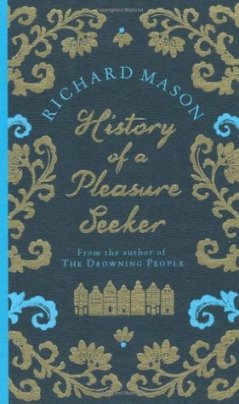

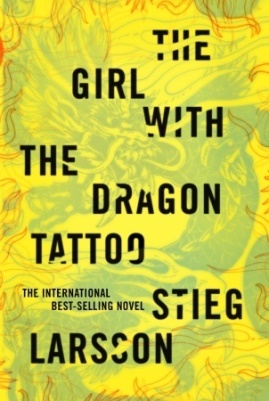
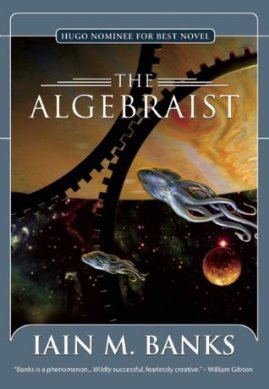


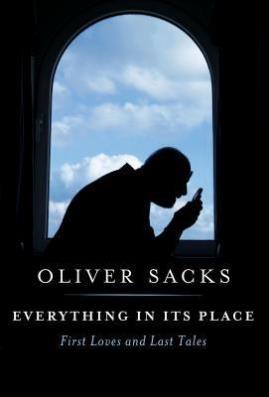
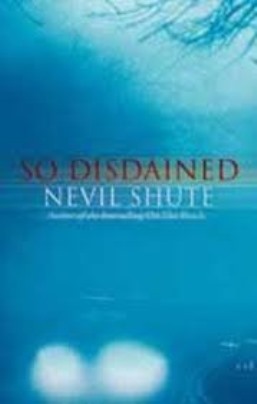

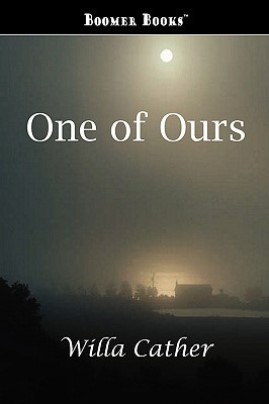
Chia sẻ ý kiến của bạn